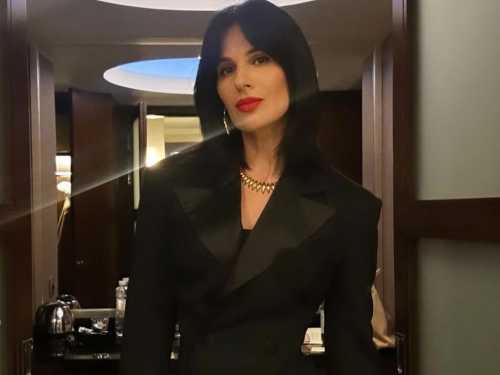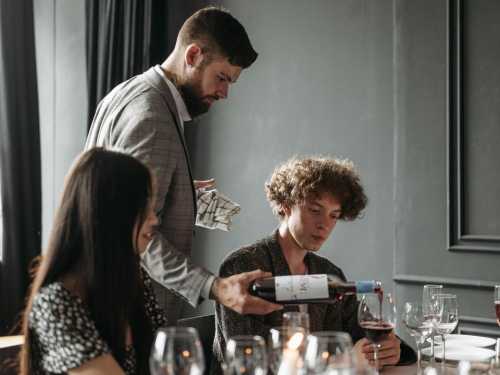
The filmmaker Fawzia Mirza first discovered that she had become an auntie through a text thread with a group of friends that ran the generational spectrum. Mirza defines an “auntie” as an elder, a “woman of a certain age,” a person who’s just as comfortable gossiping with you as she is with your mom. She grew up with the term in South Asian culture, but it’s “not exclusive to just one culture,” she told me via e-mail. “Aunties are universal.” Still, it was a shock to think of herself as one. “The Gen Z friends on the thread used slang that I didn’t always understand—and they kept talking about taking/sending nudes,” Mirza told me. “I didn’t get it. How nude did they mean? And what was the point? To meet someone? Self-empowerment? Show off new tattoos?” So Mirza tried to figure it out. First, she Googled. And then she felt out of touch for having Googled. And then she made an offhand joke to her wife about officially being an auntie. And then it hit her: “OMG, AM I ACTUALLY NOW AN AUNTIE?”
In “Auntie,” the short directed by Mirza, the film’s protagonist, Hena, is attending a South Asian Lawyers and Law Students Association event when she is first referred to as the titular turn of phrase. The woman she is chatting with flings the term so nonchalantly that it borders on harrowing. When Hena protests, the woman says, without missing a beat, “It’s in the neck and the hands.”
But Hena’s auntie status doesn’t really sink in until the morning after, when she wakes up, hungover on her couch, with forty-seven text messages from a group thread of newly acquired Gen Z friends that she met at the mixer. As the thread goes off about a fuckboi and n00ds, Hena, not unlike Mirza, quietly jokes to herself that she’s old enough to be their auntie. And then, upon glancing at her hands and the “DOB 8/31/1982” on her driver’s license, it finally hits her. Hena is old enough to have bought the “Garden State” soundtrack with income she earned herself. She’s old enough to have saved a PowerPoint presentation onto a floppy disk. She’s old enough to remember Pizza Hut’s rollout of the stuffed-crust pizza. She’s old enough. She’s an auntie. And now she is faced with a choice: reject it or own it.
Aging, in the United States, is arguably the surest way to become invisible, if not outright discarded. With this film, Mirza, who herself identifies as both an auntie and an uncle (sometimes a hunkle), wanted to defy the societal impulse to devalue women once they are no longer quote-unquote young, and to fight the natural inclination to question one’s relevance in a youth-obsessed culture. The best approach to do that is something beyond mere acceptance but, rather, an earnest and sincere pride in the person one has evolved into—neck, hands, and all. “Self-love is the root of our power,” she said. “Let’s face it, our bodies change as we age. But we’re beautiful. Always. The more we embrace that truth, the more we are in our highest power.”
Sourse: newyorker.com






